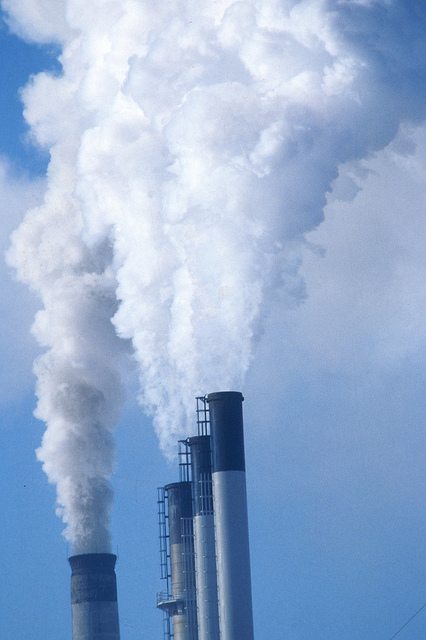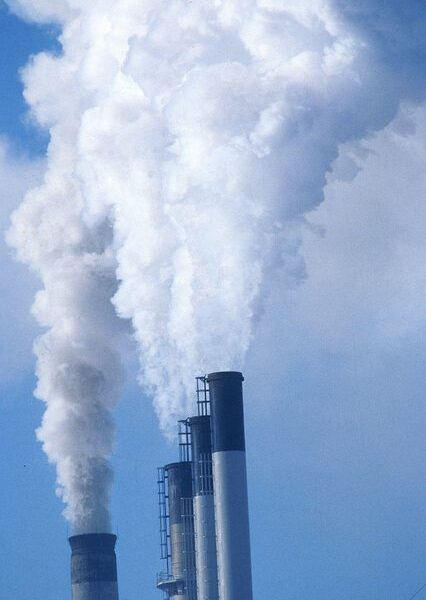

Economy
Climate pledges don’t go far enough, say scientists
Climate change pledges made by countries ahead of a UN summit later this year are not ambitious enough to limit warming to the internationally agreed 2C, according to scientists from the Climate Action Tracker (CAT).
CAT as an independent scientific analysis produced by four research organisations – Climate Analytics, Ecofys, NewClimate Institute and Potsdam Institute for Climate Impact Research – tracking climate action and global efforts towards limiting temperature increase. Scientists have previously warned that temperature increases of more than 2C could lead to unpredictable and severe effects.
The scientists involved aim to assess how ‘fair’ the action of each government is when compared to what it should be doing to limit climate change with the 2C aim in mind.
Niklas Höhne, of the NewClimate Institute, said, “Assessing the fairness of climate action is particularly important because of the number of higher pledges that are conditional on other governments making comparable efforts.
“Everybody has a different way of deciding what is a ‘fair’ effort on climate change. Some consider it fair that those who have made a bigger contribution to the problem, or have a higher capability to act, should do more. But even if that were agreed, how much more should they do?”
CAT has analysed the intended nationally determined contributions (INDC) submitted to the UN. In some cases, where submissions have yet to be made, it has assessed a country’s announced policies.
Many of those assessed have been rated as ‘medium’. While this is an improvement for several countries that have previously had their climate efforts rated ‘inadequate’ the pledges still do not go far enough. Bill Hare, of Climate Analytics, explained that the proposals are “still a long way from being 2C compatible”.
The EU’s INDC, which pledged to cut greenhouse gas emissions by at least 40% by 2030, was rated as ‘medium’. CAT argues that overall the emissions reductions are “not yet sufficient” and current policies are projected to only cut greenhouse gas emissions by 23-35%, and as a result do not put the EU on a trajectory to reach either its 2030 or 2050 target.
The only countries to be ranked as a ‘role model’ are Bhutan and the Maldives, while ten government pledges are labelled ‘inadequate’, including major economies Australia, Canada, Japan and Russia.
Photo: Wisconsin Department of Natural Resources
Further reading:
Study: climate action can add 1m jobs by 2030 across EU, US and China
Study: climate change policies could have positive effect on UK economy
207 global cities say climate change is a threat to local economy
Leading economies issued pathways to climate change targets
US signs climate change deal with China to promote renewable energy


 Environment12 months ago
Environment12 months agoAre Polymer Banknotes: an Eco-Friendly Trend or a Groundswell?

 Features11 months ago
Features11 months agoEco-Friendly Cryptocurrencies: Sustainable Investment Choices

 Features12 months ago
Features12 months agoEco-Friendly Crypto Traders Must Find the Right Exchange

 Energy11 months ago
Energy11 months agoThe Growing Role of Solar Panels in Ireland’s Energy Future





























